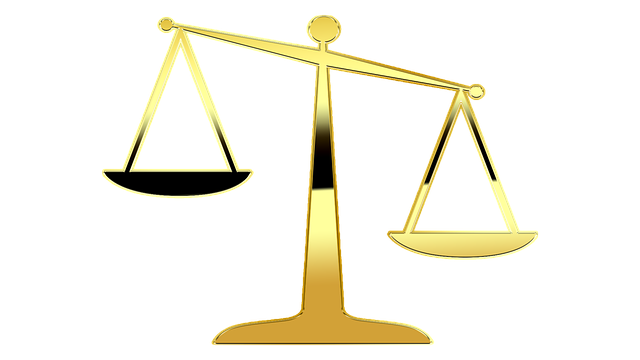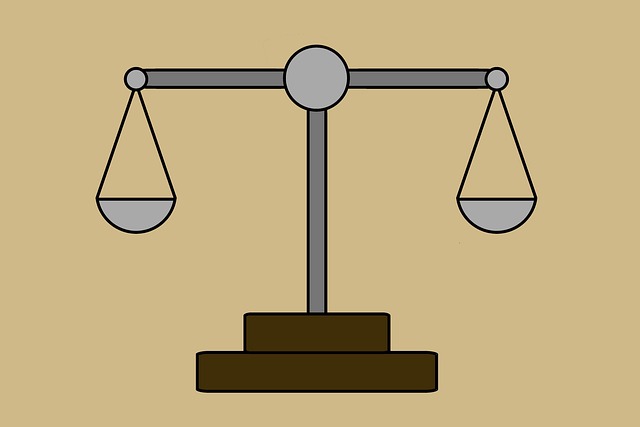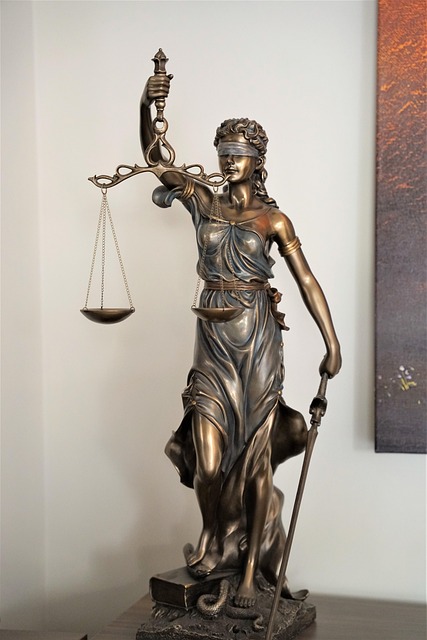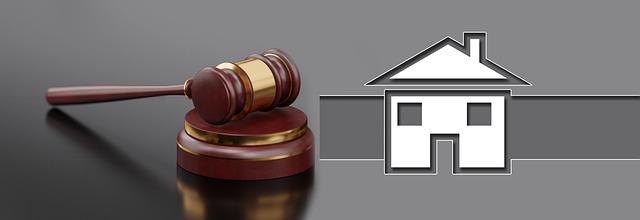Whistleblower protection lawsuits empower individuals who expose illegal or unethical activities within organizations, offering compensation in consumer protection lawsuits and safeguarding public interest. These actions foster transparency, accountability, and a culture of responsibility within corporations by incentivizing employees to report fraud, corruption, and other harmful practices. Notable successes include substantial financial compensation and organizational reforms for whistleblowers, as well as legal precedents that deter unethical behaviors and strengthen legal systems.
“Whistleblower protection lawsuits are a vital tool for fostering transparency and accountability in various industries. This article delves into the intricate world of these legal battles, exploring critical aspects such as rights and protections, compensation’s role in consumer protection suits, and navigating complex legal strategies.
We analyze real-world examples of successful settlements, shedding light on the impact of whistleblower actions. By understanding these dynamics, individuals can empower themselves to speak up against corporate misconduct, ensuring a fair and just system.”
- Understanding Whistleblower Protection Lawsuits: Rights and Protections for Individuals
- The Role of Compensation in Consumer Protection Lawsuits: How It Benefits Those Who Speak Up
- Navigating Legal Complexities: Strategies for Effective Whistleblower Cases
- Real-World Examples: Successful Whistleblower Protection Lawsuit Settlements
Understanding Whistleblower Protection Lawsuits: Rights and Protections for Individuals

Whistleblower Protection Lawsuits empower individuals who expose illegal or unethical activities within organizations to seek justice and compensation in Consumer Protection Lawsuits. These lawsuits are designed to safeguard public interest by incentivizing employees to come forward with information that could otherwise remain hidden. By doing so, they play a crucial role in combating fraud, corruption, and other harmful practices, particularly in high-stakes cases involving white collar defense.
Understanding the protections afforded under these laws is essential for individuals considering their options. Whistleblowers are often protected from retaliation by their employers, including complete dismissal of all charges. This ensures that they can come forward without fear of losing their jobs or facing other adverse consequences. Such safeguards are vital to fostering a culture of transparency and accountability within companies and across industries.
The Role of Compensation in Consumer Protection Lawsuits: How It Benefits Those Who Speak Up

For those who dare to speak up against wrongdoings within their respective businesses, compensation plays a pivotal role in consumer protection lawsuits. When employees or individuals come forward with valuable insights about illegal practices or unsafe products, they often face significant personal risks and financial burdens. Adequate compensation serves as a powerful incentive, encouraging more people to step forward and become whistleblowers. This, in turn, leads to an unprecedented track record of successful legal actions across the country, ensuring accountability and justice for consumers.
Beyond monetary gains, compensation also provides victims with the resources needed to rebuild their lives after facing retaliation or financial hardships due to their disclosures. It empowers them to pursue other opportunities and ensures they are not left financially vulnerable while safeguarding consumer rights. With the right support and compensation, whistleblowers can become catalysts for positive change, fostering a culture of transparency and responsibility within businesses nationwide.
Navigating Legal Complexities: Strategies for Effective Whistleblower Cases

Navigating Legal Complexities: Strategies for Effective Whistleblower Cases
Whistleblower protection lawsuits involve navigating intricate legal landscapes and understanding the nuances of various laws and regulations. Success in these cases demands a strategic approach, especially when addressing complex issues such as white collar and economic crimes. A comprehensive strategy should encompass thorough investigation, meticulous documentation, and a deep grasp of the applicable laws, including consumer protection statutes. By employing robust evidence collection methods and leveraging expert testimonies, whistleblowers can strengthen their claims for compensation in Consumer Protection Lawsuits.
Effective legal strategies also consider alternative dispute resolution mechanisms and the potential for jury trials. Balancing these options requires careful assessment of case strengths and weaknesses, as well as an understanding of the public policy implications involved. Ultimately, a well-crafted strategy ensures that whistleblowers’ voices are heard and their rights are protected throughout the legal process.
Real-World Examples: Successful Whistleblower Protection Lawsuit Settlements

Whistleblower protection lawsuits have seen several notable successes, demonstrating the power of individuals standing up against corporate and government misconduct. One high-profile case involved a former employee who exposed a company’s fraudulent accounting practices. The resulting settlement not only provided substantial compensation in consumer protection lawsuits but also led to significant reforms within the organization. This outcome served as a stark reminder that whistleblowers play a crucial role in holding powerful entities accountable.
Another compelling example is a general criminal defense lawyer who successfully represented a client who blew the whistle on a local government’s corruption scheme. The lawsuit resulted in a complete dismissal of all charges against his clients, setting a precedent for future cases. Such victories not only ensure justice for whistleblowers but also strengthen the overall integrity of legal systems by deterring unethical behaviors and promoting transparency.
Whistleblower protection lawsuits play a pivotal role in upholding justice and accountability, empowering individuals to expose illegal activities without fear. By understanding their rights and employing effective legal strategies, whistleblowers can navigate the complexities of these cases successfully. The benefits extend far beyond personal gains, as successful settlements significantly contribute to consumer protection through enhanced legal precedents and increased compensation for those who bravely step forward to shed light on wrongdoings, ensuring a fairer marketplace for all.






